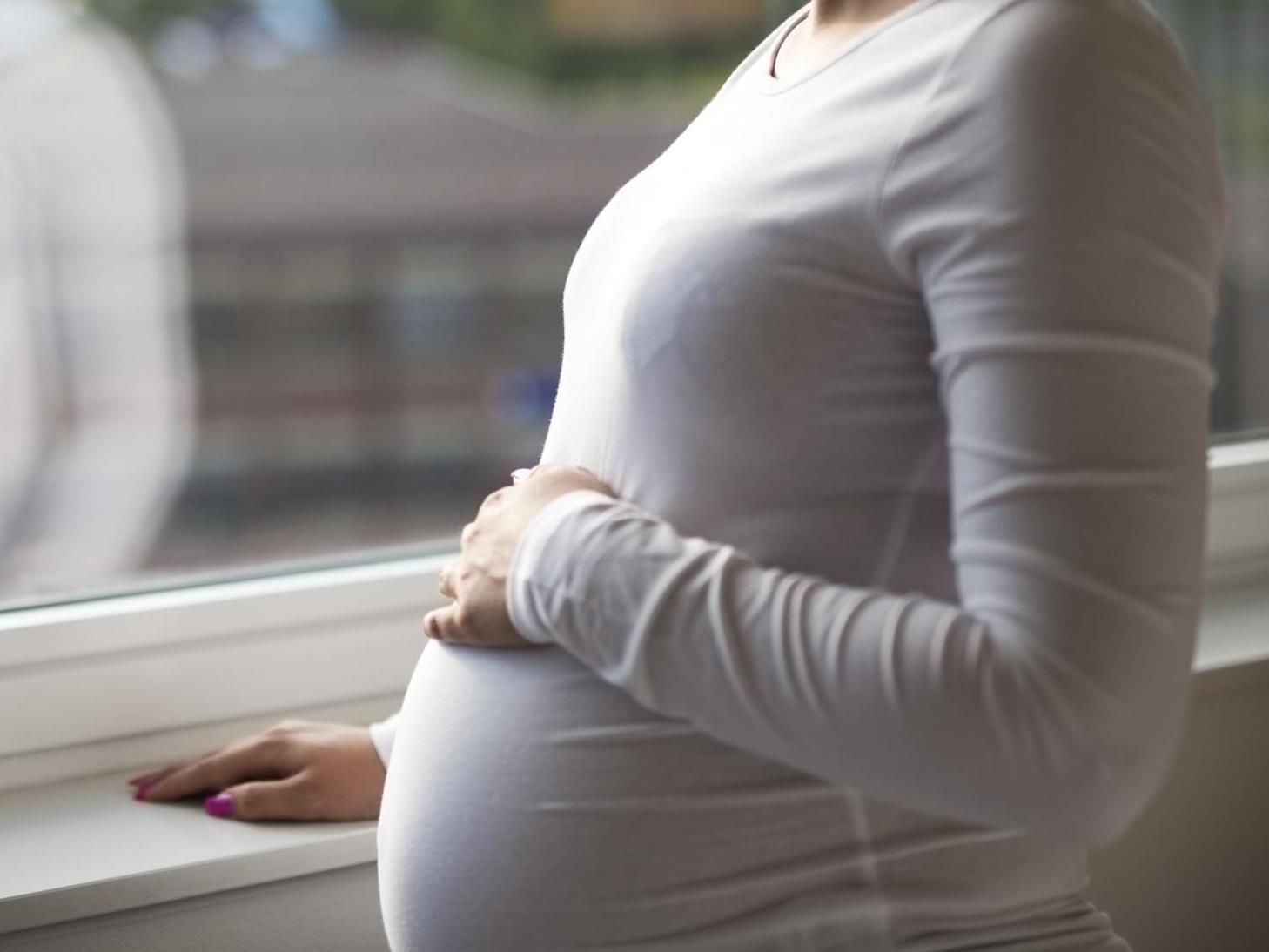Depression and anxiety during pregnancy more common among young women today than their mothers
Rising depression in today's young mothers may be linked to changing work roles and feelings that career or personal ambitions might now be harder to reach, researchers said

Your support helps us to tell the story
From reproductive rights to climate change to Big Tech, The Independent is on the ground when the story is developing. Whether it's investigating the financials of Elon Musk's pro-Trump PAC or producing our latest documentary, 'The A Word', which shines a light on the American women fighting for reproductive rights, we know how important it is to parse out the facts from the messaging.
At such a critical moment in US history, we need reporters on the ground. Your donation allows us to keep sending journalists to speak to both sides of the story.
The Independent is trusted by Americans across the entire political spectrum. And unlike many other quality news outlets, we choose not to lock Americans out of our reporting and analysis with paywalls. We believe quality journalism should be available to everyone, paid for by those who can afford it.
Your support makes all the difference.Young women are 51 per cent more likely than their mothers to experience depression and anxiety during pregnancy, a new study suggests.
A unique project following women during their pregnancy in the 1990s, and now their daughters as they become mothers, has unearthed the worrying increase in mental health problems between the generations.
One quarter of women who become pregnant before the age of 24 today exhibit “high depressive symptoms” compared to 17 per cent in the original group, the team from the University of Bristol found.
The authors said this could be because more women are now in work than 25 years ago and may have concerns about how pregnancy will affect this or their personal life.
Understanding these factors is vital because depression in pregnancy can have a “significant impact” on both mother and child, said the authors of the research – published in JAMA Open Network on Friday.
“It’s driven by a particular cluster of issues; feeling overwhelmed, not being able to sleep, things getting on top of you, and stress,” Dr Rebecca Pearson, a lecturer in psychiatric epidemiology at the university’s medical school told The Independent.
“If we think what’s changed, the female workforce has increased in the past 25 years and there are two elements relevant to mental health, one is young women’s aspirations and ambition – and whether that becomes trickier to achieve by becoming pregnant.
“The other is one of practicality of having to go to work; the physical and mental exhaustion of having to work while pregnant.”
There are also financial pressures caused by the rises in house prices and cost of living, she added.
The findings show that issues of low mood and sadness which are key parts of clinical depression are relatively stable, but anxiety disorders are becoming much more common and can still affect both mother and child.
Dr Pearson added: “Our findings suggest this rise, and what women are feeling, is much more in the domain of anxiety and stress. Women are not coming forward because they don’t identify with the more depressed side and they’re not coming forward for help.”
“Given that depression in pregnancy has substantial impact to both mother and child, this is of key importance for health services.”
The findings are drawn from the Bristol Children of the 1990s longitudinal study and is thought to be the only study in the world to have identically tested women across two generations.
Using responses from 2,390 of the original women who were recruited to the original study, they compared them with 180 of their daughters, or son’s partners, who became pregnant by the age of 24, between 2012 and 2016 and found that having high depressive symptoms was 51 per cent more common in the current generation.
If their mother was depressed in pregnancy, daughters were also more than three times as likely to be depressed in their pregnancy.
The Bristol team said this marks the beginnings of a new wave of health and social policy research that will soon have data from three generations.
Head cameras have been given to the current group of young mothers to film how they interact with their children and get more clues about their mental wellbeing.
Clare Dolman, vice chairwoman of the Maternal Mental Health Alliance, said: “This is an important piece of research from the University of Bristol on depression in pregnancy showing that rates of depression have risen within a generation.
“It is vital now to go further and look at the possible causes of this increase to help devise interventions to break the inter-generational cycle.”
Join our commenting forum
Join thought-provoking conversations, follow other Independent readers and see their replies
Comments